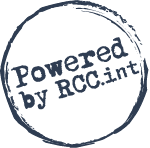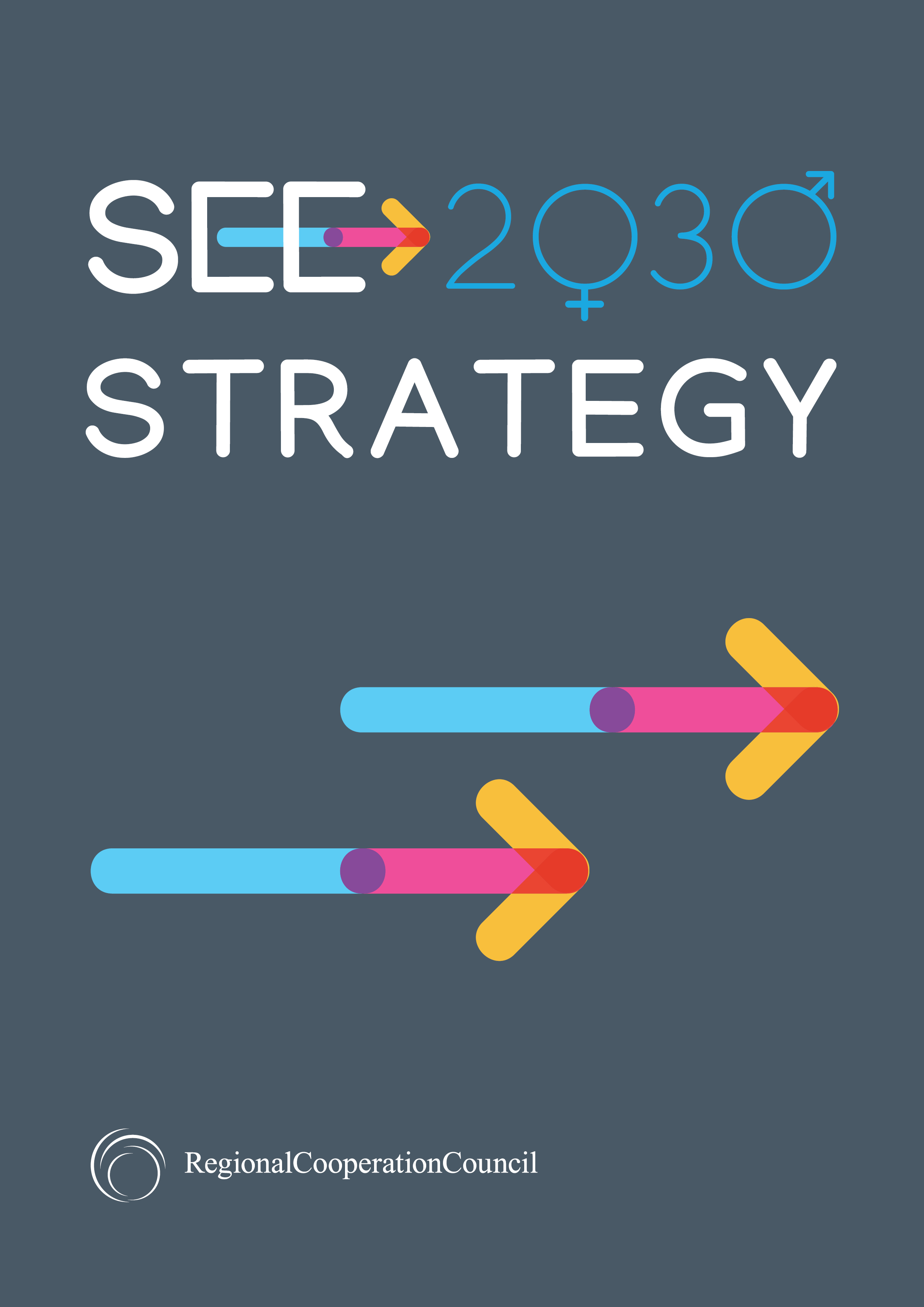South East Europe – SEE2030 Strategy
The South East Europe (SEE) 2030 Strategy is a joint call for action by all 13 South East European Co-operation Process (SEECP) economies, adopted by the SEE leaders at the SEECP Summit held in June 2021 in Antalya.
SEE 2030 Strategy seeks to promote and advance the implementation of United Nations Sustainable Development Goals (UN SDGs) within the SEE region across the three dimensions of sustainable development:
- Prosperity
- People
- Peace and Partnerships
The objective of the Strategy is to reach regionally sustainable economic growth, reduce poverty and inequality, improve social inclusion, empower women, decelerate depopulation, enhance the overall quality of life for citizens and accelerate the green and digital transition, without disrupting competitiveness and private sector development.
Guided by the principles of all-inclusiveness, green and digital transformation, the SEE 2030 Strategy is fully in line with global development trajectories and European Union (EU) priorities, thereby also serving to promote Euro-Atlantic integration. Furthermore, it will complement the recovery of the region after the COVID-19 pandemic and help strengthen the resilience of societies to external shocks and challenges.
The core principle of action in this Strategy is to support designing regional policies for the whole of society and to prioritise activities to leave no one behind.
Adopting the SEE 2030 Strategy at the highest political level in SEE, the thirteen SEE economies undertook the commitment to reach 45 different socio-economic targets in line with the UN SDGs and Agenda 2030.
Political Background
At the SEECP Summit in 2019, the leaders of SEECP participants tasked the RCC to prepare a long-term strategy for SEE, building on the successes and lessons learned from the previous SEE 2020 Strategy and based on the UN SDGs. The RCC developed the SEE 2030 through a highly collaborative process to ensure maximum regional ownership, with inputs from public authorities, civil society, public sector, think tanks and academia of all thirteen SEECP participants. The involvement of multiple regional and international organisations and of international financial institutions in the preparation of the document provided a high level of synergy which will carry on throughout the different implementation stages.




Arslan Umut Ergezer
Coordinator of the SEE 2030 Strategy/Senior Economic Policy Analyst